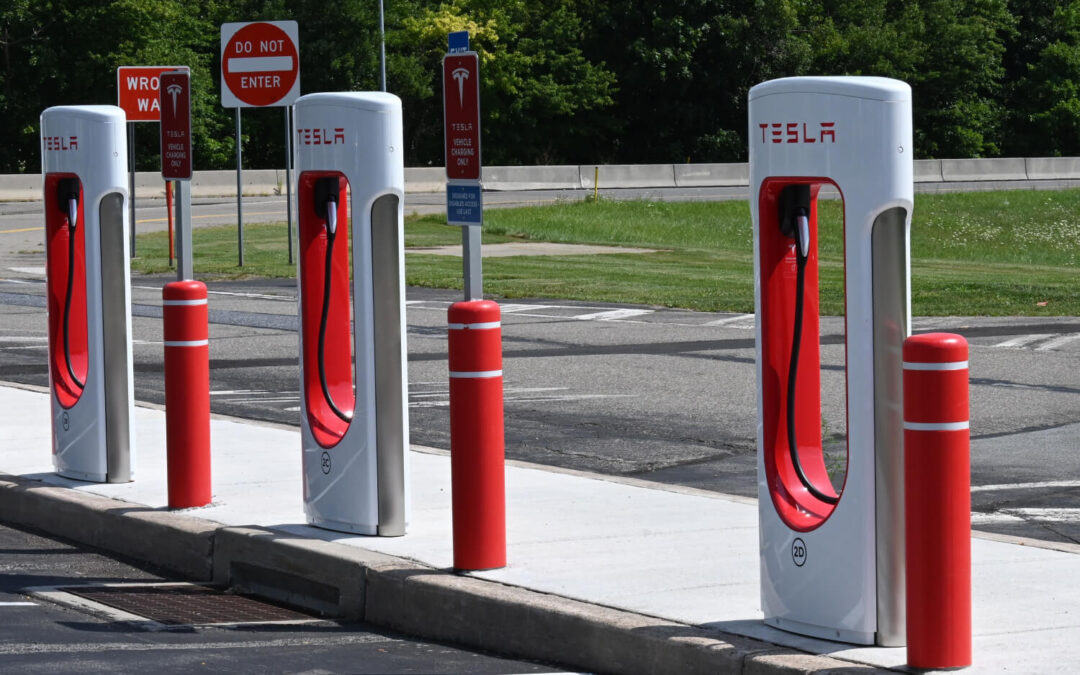Whether hydrogen fuel cell cars will replace battery electric vehicles (EVs) is mostly a matter of time and depends on several factors, including technological advancements, infrastructure development, environmental policies, and market preferences. Here are some points to consider:
1. Energy Efficiency: Battery electric vehicles are generally more energy-efficient than hydrogen fuel cell vehicles (CVs). In EVs, electricity stored in the battery is used directly to power the electric motors, while in CVs, energy losses occur during the production, storage, and conversion of hydrogen into electricity.
2. Infrastructure: EVs currently have an advantage because electric charging stations are more widespread than hydrogen refueling stations. Developing a hydrogen infrastructure is more costly and complex, involving the production, storage, and transportation of hydrogen.
3. Range and Refueling: Hydrogen cars have a longer range and can be refueled more quickly than most EVs, which can be a significant advantage. However, EV technology is rapidly advancing, with improvements in battery density and charging speed.
4. Environmental Impact: The environmental benefits of CVs depend on how the hydrogen is produced. Currently, most hydrogen is produced using fossil fuels, which negates some of the environmental advantages. When Fusion Energy becomes available CVs could become more attractive.
5. Technological Developments: Both EV and CV technologies are advancing. Developments such as solid-state batteries for EVs could lead to faster charging times and longer ranges. Similarly, advancements in hydrogen production and fuel cell efficiency could make CVs more competitive.
6. Cost: Currently, EVs benefit from lower production costs compared to CVs. As battery prices continue to fall, this advantage could be sustained until equivalent cost reductions are achieved in the production of hydrogen fuel cells.
7. Market Forces and Policies: Consumer preferences, government incentives, and environmental regulations will shape the market. Some regions may favor EVs due to their cleaner energy grids, while others may invest in hydrogen as part of a broader strategy to reduce carbon emissions.
8. Niche vs. Mainstream: It’s possible that hydrogen cars might not replace electric cars entirely but will find a niche in certain markets or applications. For example, hydrogen might be more suitable for heavy-duty transport where the long range and quick refueling are critical, while EVs might continue to dominate the passenger car sector for a longer time.
In conclusion, it is unlikely that hydrogen cars will entirely replace electric cars in the near future. Instead, we may see a diversification of the market where both technologies coexist and are used in different contexts based on their respective strengths and the evolution of the supporting infrastructure. The potential for hydrogen in larger vehicle segments, such as trucks and buses, or in regions with abundant renewable energy for hydrogen production, could be significant.

